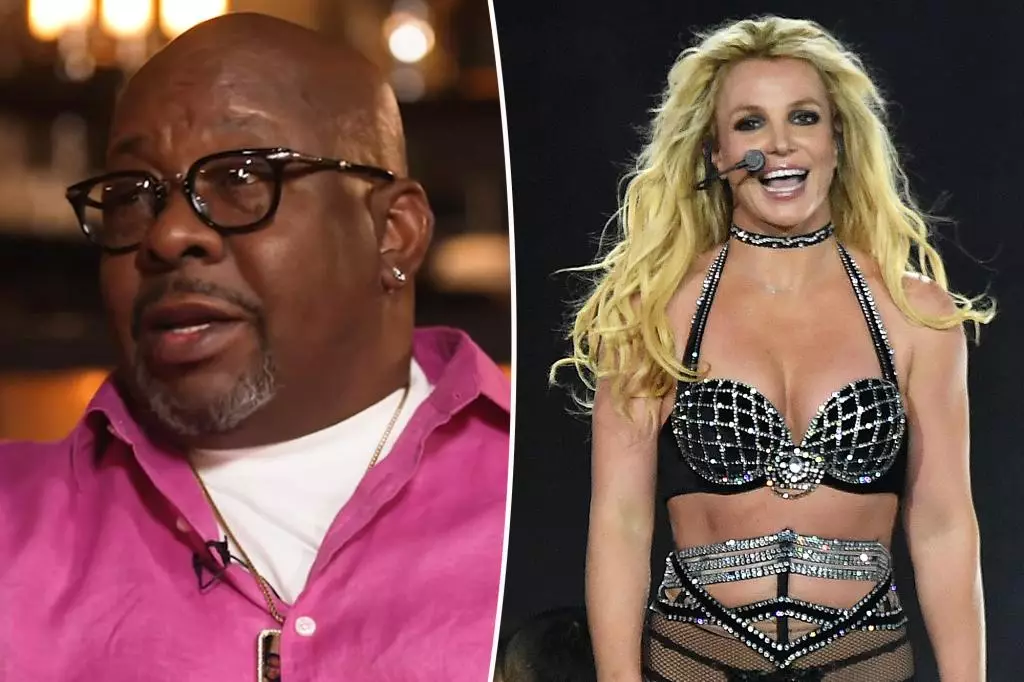Bobby Brown recently sparked a fierce debate among music fans with his harsh critique of Britney Spears’ rendition of his 1988 hit “My Prerogative.” During an appearance on Shannon Sharpe’s “Club Shay Shay” podcast, Brown didn’t hold back, calling Britney’s cover a “butchering” of the original. His statement might come across as candid honesty; however, one has to wonder if his comments stem from genuine artistic concern or a calculated move to remain in the limelight. In an industry where nostalgia often dictates relevance, could Brown be leveraging Spears’ name to reignite interest in his work?
When Legends Clash
Brown’s discontent is intriguing, particularly because he had the opportunity to approve the cover before its release. He admitted that he “cleared” it, primarily because it was a Britney Spears project—implying that he expected something extraordinary. Yet, he was ultimately left disappointed. The clash between two musical eras—Brown’s gritty R&B roots and Spears’ polished pop—signals a larger conversation about how cover songs can sometimes misinterpret the original’s essence. But does that truly warrant such harsh criticism?
Fan Reactions: A Divided Response
The backlash against Brown was swift and passionate. Fans took to social media platforms, arguing vehemently in favor of Spears’ rendition, with comments ranging from sarcastic jibes about Brown seeking relevance to enthusiastic endorsements of Britney’s version. This reaction underscores a crucial point about the intersection of public perception and musical legacy. It raises questions about who gets to dictate the success of a cover: the original artist, or the fans who have embraced the reinterpretation? In a democratic music landscape, it seems the listeners have spoken loudly in support of Spears, positioning her version as a cultural staple.
Lessons in Legacy and Artistic Ownership
Brown’s lament about needing to hear covers before clearing them introduces a nuanced perspective on artistic ownership. It beckons the question: how much control should an artist retain over their work once it is out in the world? As music evolves, so does its interpretation, and what one artist perceives as “butchering” might resonate deeply with another generation of listeners. Brown’s experience serves as a reminder that art does not exist in a vacuum. It continuously transforms, influenced by cultural shifts and the ever-changing dynamics between artists and fans.
A New Era of Sound and Interpretation
While Brown’s critique may seem harsh, it showcases the inevitable clash between musical generations. As listeners have shown, music is subjective. What might feel like a misstep to one artist can serve as an empowering anthem for another. Music is not merely an echo of the past but a vibrant conversation across timelines. As the dialogue between Brown and Spears unfolds, it also challenges us to rethink how we engage with art. Instead of shutting down contrasting opinions, can we embrace the creative dialogue that fuels music’s evolution? After all, isn’t that what makes the musical landscape so rich and exciting?

Leave a Reply